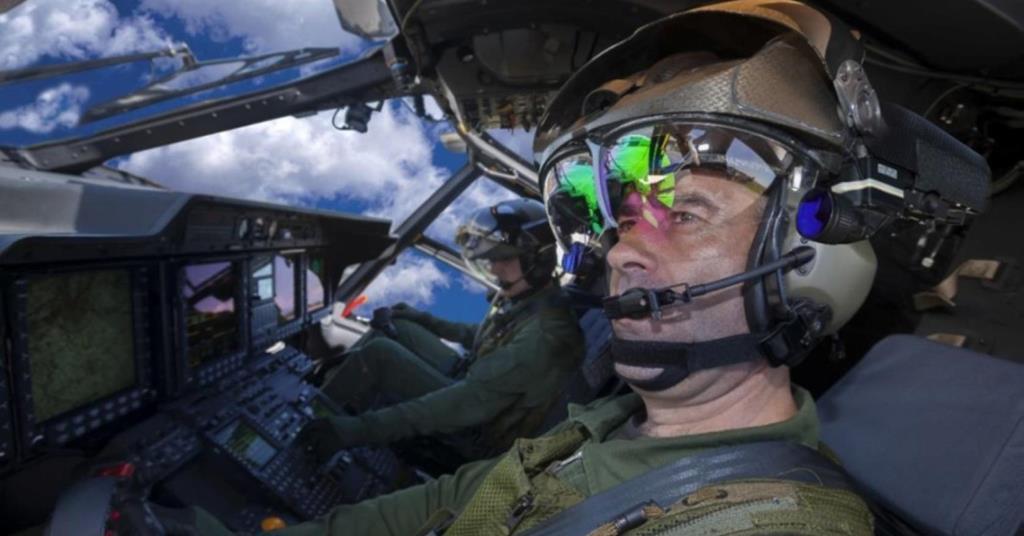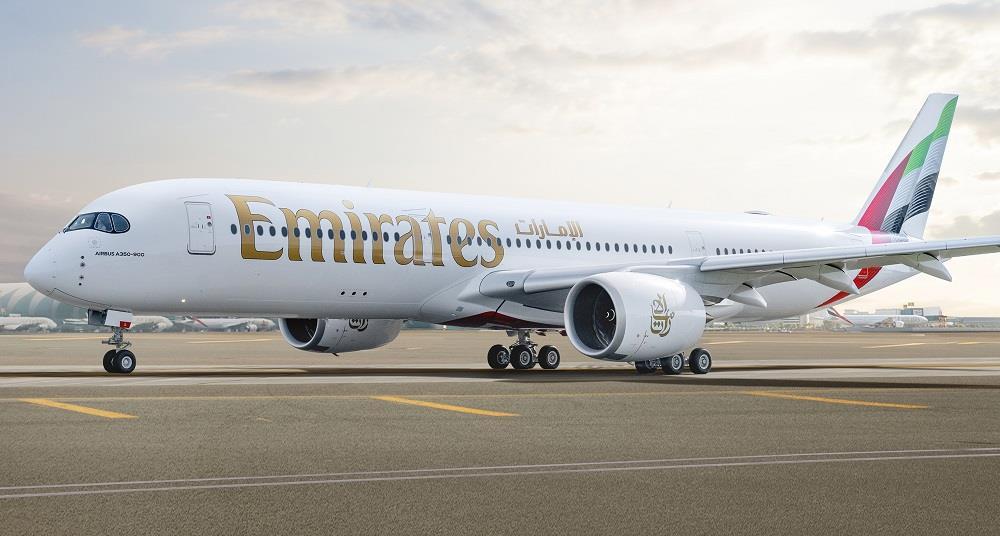Airbus chief supports counter-tariffs on Boeing but not US aerospace subsystems
Company
Legal Links
Contact
- +44 7947 753363
- contact@skylineairporttransfers.co.uk
- 6 Walsall Street Bilston Wolverhampton WV14 0AT
Recent Posts
© Skyline Airport Transfers. Created by![]() Beaphoenix WebDesign ltd
Beaphoenix WebDesign ltd
Popular Locations:
Birmingham: Aston, Bournville, Edgbaston, Erdington, Great Barr, Hall Green, Handsworth, Harborne, Northfield, Quinton, Soho, Sutton Coldfield, Amblecote, Brierley Hill, Coseley, Cradley, Gornal, Halesowen, Kingswinford, Lye, Netherton, Sedgley, Stourbridge, Quarry Bank, Bearwood, Blackheath, Cradley Heath, Great Bridge, Old Hill, Rowley Regis, Smethwick, Tipton, Tividale, Wednesbury, West Bromwich, Balsall Common, Bickenhill, Castle Bromwich, Chelmsley Wood, Dorridge, Elmdon, Hampton in Arden, Kingshurst, Knowle, Marston Green, Meriden, Monkspath, Hockley Heath, Shirley, Aldridge, Birchills, Bloxwich, Brownhills, Darlaston, Leamore, Palfrey, Pelsall, Pheasey, Shelfield, Streetly, Willenhall, Bilston, Blakenhall, Bushbury, Compton, Ettingshall, Heath Town, Oxley, Penn, Tettenhall, Wednesfield, Burntwood, Lichfield, Cannock, Rugeley, KIDDERMINSTER, Brierly Hill,
STOURPORT-ON-SEVERN
Coventry: Allesley, Binley, Keresley, Stoke, Tile Hill
Leicester: Abbey Rise, Ashton Green, Aylestone, Beaumont Leys, Bede Island, Belgrave, Blackfriars, Braunstone, Braunstone Frith, Bradgate Heights, Clarendon Park, Crown Hills, Dane Hills, Evington, Evington Valley, Eyres Monsell, Frog Island, Goodwood, Hamilton, Highfields, Horston Hill, Humberstone, Humberstone Garden, Kirby Frith, Knighton, Mowmacre Hill, Netherhall, Newfoundpool, New Parks, North Evington, Northfields, Rowlatts Hill, Rowley Fields, Rushey Mead, Saffron, Southfields, South Knighton, Spinney Hills, Stocking Farm, Stoneygate, St. Matthew’s, St. Mark’s, St. Peters, Thurnby Lodge, West End, West Knighton, Western Park, Woodgate
Derby: Matlock, Ripley, Ashbourne, ILKESTON, SWADLINCOTE , BURTON-ON-TRENT, BAKEWELL,
ALFRETON, BELPER, HEANOR
Telford: Market Drayton, Newport, Shifnal, Broseley, Much Wenlock
Stoke: Stoke-on-Trent, Newcastle, Leek, Uttoxeter, Stone, Stafford
Worcester: Worcester, Droitwich, Pershore, Broadway, Evesham, Malvern, Tenbury Wells
Gloucester: Gloucester, Cheltenham, Stroud, Cirencester, Tewkesbury, Badminton, Berkeley, Blakeney, Chipping Campden, Cinderford, Coleford, Drybrook, Dursley, Dymock, Fairford, Lechlade, Longhope, LydbrookLydney, Mitcheldean, Moreton-in-Marsh, Newent, Newnham, Ruardean, Stonehouse, Tetbury, Westbury-on-Severn, Wotton-under-Edge.
Nottingham: Nottingham, Sutton-in-Ashfield, Mansfield, Newark, Southwell, Grantham, Sleaford
Leicester: Leicester, Hinckley, Loughborough, Melton Mowbray, Oakham Market, Harborough, Lutterworth, Wigston, Ashby-de-la-Zouch, Ibstock, Markfield
Oxford: Oxford, Kidlington, Chipping Norton, Thame, Wallingford, Didcot, Wantage, Abingdon, Banbury, Carterton, Woodstock, Bicester, Witney, Chinnor, Watlington
Chester: Chester, Deeside, Bagillt, Buckley, Holywell, Birkenhead, Preston, Wallasey, Wirral, Neston, Ellesmere Port, Prenton
Airports we serve:
BHX: Birmingham Airport
EMA: East Midlands Airport
LHR: London Heathrow Airport
MAN: Manchester Airport
LGW: London Gatwick Airport
LTN: London Luton Airport
SOU: Southampton Airport
BRS: Bristol Airport
LPL: Liverpool John Lennon Airport
LCY: London City Airport
STN: London Stansted Airport



Airbus is seeking to reduce its potential exposure to US tariffs on aircraft, but chief executive Guillaume Faury is opposed to a sweeping European Union retaliation.
While Faury supports the EU’s considering tariffs on US aircraft imports, he believes extending them to components and subsystems would be counterproductive.
“We are not recommending anybody, including EU, [should] tariff equipment, systems, whatever, coming from the US going to Europe,” he said, speaking to FlightGlobal ahead of the Paris air show.
“We’re not interested in damaging the European industry as much as the US tariffs have damaged the US industry.”
The Trump administration’s on-off tariff barrage extended to the EU earlier this year, although certain threatened duties have been suspended to allow time for negotiations.
Faury says the tariff situation is “quite dynamic” and that Airbus’s priorities are to “monitor, understand and adapt”.
He points out that 80% of the company’s aircraft activity – and more in terms of production – is not US-based. But it has US final assembly lines for the A320neo and A220.
“These are the activities mostly impacted – plus what we deliver from Europe to the US,” he says, including a number of A320neo and A321neo jets, as well as widebodies to Delta Air Lines.
Faury says the airframer is working with its customers to identify solutions, drawing on its previous experience with aerospace tariffs which arose in 2019 as a result of a long-fought World Trade Organization dispute.
“We’re sort of trying to do the same,” says Faury. “It’s a broader and more complex picture – not only tariffs on [aircraft], it’s tariffs across the board.”
He points out that the tariffs have several layers – their precise application depends on such aspects as the USMCA free-trade agreement, relevant to Canada, where Airbus manufacturers A220s.
Goods-returned relief becomes a consideration with imports containing a certain quantity of US content, while a duty drawback cancels tariffs on imported systems which are then installed in an exported aircraft.
“There is a world of complexity and I’m just scratching the surface of that complexity,” says Faury. But he believes the tariffs are “primarily hurting the US industry”.
“We’re looking at what needs to be done to reduce exposure to tariffs, and there are plenty of options,” he says.
“The point is, to trigger those options, you need to decide whether you assume we have a short-term issue that will go away – you just wait for things to get better – or you make the assumption we’re here to stay with tariffs on the long run.
“You have to buy in the US when you’re manufacturing in the US, and delivering to the US, and you have to consider that the rest is a separate activity to be de-risked on US tariffs.”
Source link
Share This:
admin
Plan the perfect NYC Memorial Day weekend
Pack only what you need and avoid overpacking to streamline the check-in and security screening…
LA’s worst traffic areas and how to avoid them
Consider using alternative routes, such as Sepulveda Boulevard, which runs parallel to the 405 in…
France and Spain plot future upgrades for special forces NH90 helicopters with key development contracts
France and Spain look set to significantly enhance the ability of some of their NH…
Emirates highlights Asia-Pacific connection options as it opens Helsinki route
Middle Eastern carrier Emirates is to deploy Airbus A350s on a new route to the…
TAP to set up maintenance centre as part of Porto investment
Portuguese carrier TAP is to establish a maintenance centre at Porto, in the north of…
Denmark deploys troops to Greenland amid US annexation threats
Amid threats by US President Donald Trump to annex Greenland, Denmark and several European allies…
Daher reveals TBM 980 with upgrade to Garmin Prime touchscreen cockpit | News
Daher has unveiled the TBM 980 as the sixth and latest version of its TBM…
Royal Danish Air Force prepares to send its final Lockheed Martin F-16 fighters into retirement
The Royal Danish Air Force will stage a farewell event at its Skrydstrup air base on…
German start-up Air Uniqon restores Friedrichshafen links with AvantiAir Dash 8-400
German start-up regional operation Air Uniqon is aiming to connect several domestic cities to the…
China Southern to revive Helsinki link to Beijing
China Southern Airlines is opening its first route to Finland, with a service between Beijing…
Airbus still in talks with P&W over ‘foreseeable’ A320neo engine-supply volumes
Airbus’s commercial aircraft chief executive, Christian Scherer, has indicated that the airframer has yet to…
Moscow Domodedovo airport put up for auction after government seizure
Russian authorities have put Moscow Domodedovo up for auction, after the facility was seized by…